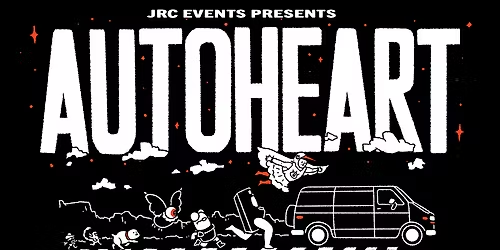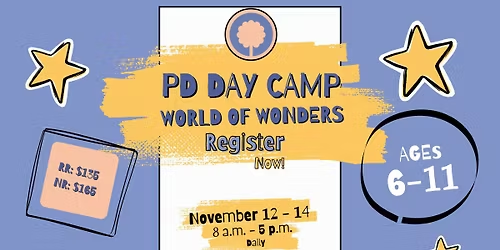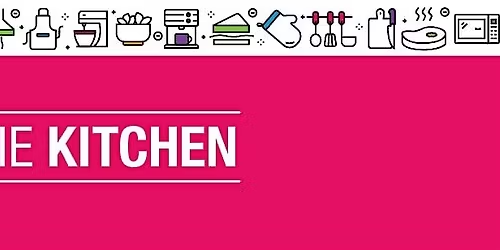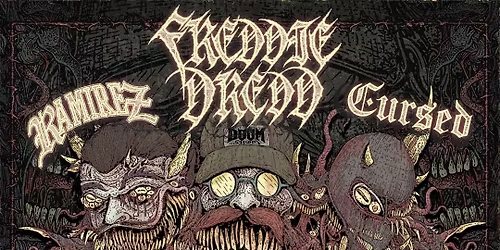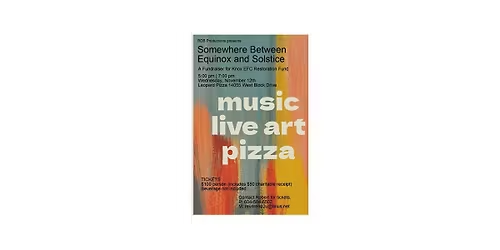
About this Event
Discover culturally grounded healing, resilience, and empowerment at the Richmond Conference on Building Pathways for Indigenous Communities—a dynamic and immersive workshop designed for educators and professionals engaged with Indigenous settings.
This enriching workshop invites participants to:
- Engage deeply with Indigenous healing traditions, including spiritual practices, storytelling, and cultural rituals that foster mental, emotional, and community resilience.
- Reflect on personal and collective experiences, recognizing how intergenerational traumas and historical wounds impact present-day educational and community environments.
- Learn practical, culturally responsive tools to embed healing practices into classrooms, school programs, and community initiatives—supporting student well-being and academic success.
- Participate in engaging, hands-on learning, including group discussions, storytelling circles, and collaborative activities that build understanding and foster connection.
Who Should Attend:Educators, school administrators, counsellors, community outreach workers, and anyone committed to supporting Indigenous communities through culturally informed approaches.
By attending, you’ll leave equipped to create healing-centered educational and community spaces—places that honor Indigenous traditions, promote resilience, and nurture community revitalization.
DAY ONE
🕑: 08:30 AM - 04:00 PM
Empowering Ourselves to Strengthen Our Future
Host: Cynthia Wesley-Esquimaux, Ph.D.
Info: This one-day workshop, facilitated by Cynthia Wesley-Esquimaux, will focus on the integration of traditional Indigenous healing and spiritual practices within mental health and educational frameworks. Designed for professionals working with children, adolescents, young adults, families, and communities, it will offer practical tools and culturally grounded insights that can be applied in clinical, educational, or community settings.
Participants will explore strategies for supporting cultural revitalization and community healing, with a particular emphasis on fostering sustainable, Indigenized practices. The workshop will provide opportunities for deep engagement with Indigenous healing traditions, encouraging reflection on both personal and community experiences. Through collaborative discussions and activities, attendees will develop actionable strategies for revitalizing and integrating traditional spiritual practices into contemporary mental health and educational approaches.
DAY TWO
🕑: 08:30 AM - 04:00 PM
Healing Through Spirit: Integrating Indigenous Healing Practices in Education
Host: Varleisha D. Lyons Ph.D, OTD, OTR/L
Info: This workshop offers educators a transformative opportunity to explore the intersection of trauma and spirituality within Indigenous communities, focusing on the impact of intergenerational trauma and how cultural wisdom can support resilience and well-being. By examining both traditional and contemporary healing practices, participants will deepen their understanding of how Indigenous spirituality, storytelling, and community-centered approaches can foster healing, restore balance, and strengthen the individual and collective health of students and families.
Indigenous communities have long faced the repercussions of colonization, forced assimilation, and systemic violence. These traumas have been passed down through generations, affecting the mental, emotional, and social well-being of individuals, families, and communities. Yet, alongside these challenges, Indigenous cultures possess profound spiritual traditions and healing practices that have endured.
DAY THREE
🕑: 08:30 AM - 04:00 PM
Generations of Healing: Culturally-Informed Responses
Host: Carolyn Coker Ross, M.D.
Info: Intergenerational trauma doesn’t impact just one person—it weaves through families, classrooms, and entire communities. Educators, counselors, and mental health professionals alike witness its ripple effects: students who struggle to regulate emotions, families locked in cycles of adversity, and communities burdened by the legacies of historical and cultural trauma.
Extensive research has shown a direct link between early life trauma and long-term mental health outcomes, including substance use disorders (SUD) and eating disorders while traits such as compulsivity, impulsivity and emotional dysregulation are promoted. More than two-thirds of individuals with SUD report childhood experiences of abuse, neglect, or toxic stress. Emerging evidence now confirms that trauma’s effects can be passed biologically and behaviorally from one generation to the next, contributing to cycles of substance use, mental illness, eating disorders and family disruption.
Event Venue & Nearby Stays
Royal Hotel West Edmonton, Trademark Collection by Wyndham, 10010 178 Street Northwest, Edmonton, Canada
CAD 36.07 to CAD 850.16


